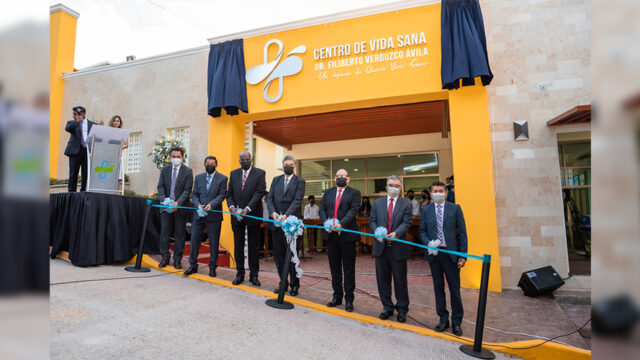Time and rituals

Q: Does Colossians 2:16 teach that Christians do not have to keep the seventh-day Sabbath?
A: Most Christian communities use Colossians 2:16 to argue that the Sabbath commandment was abolished. That conclusion is not supported by a careful reading of Colossians 2:16.
Interpretational Considerations
As we approach the text there are several things that we should keep in mind. First, the Bible does not teach anywhere that the Sabbath commandment was to be abolished. On the contrary, Isaiah and Jesus both indicated that it would continue to be observed in the future (Isa. 66:23; Matt. 24:20). Second, Jesus and His disciples observed the Sabbath commandment (Mark 1:21; Luke 4:16; Acts 13:14; 16:13). Third, according to Colossians 2:17, Paul is discussing matters that were a shadow of what Christ would do for us. The Bible never describes the Sabbath as a type of the work of Christ. The fact that it was instituted for the human family before there was sin in the world (Gen. 2:2, 3) excludes that possibility.
Possible Readings
Scholars have come up with different interpretations of Colossians 2:16 that do not undermine the fourth commandment of the Decalogue. A brief list of some of the different options will illustrate our point. One of the most common and defensible interpretations is that the term Sabbath refers to the ritual Sabbaths that were associated with the feasts and that were differentiated from the weekly Sabbath (Lev. 23:33-44). Others have argued that the term Sabbath should be translated “week,” which is linguistically correct, designating the Feast of Weeks. And it has been argued that the Sabbath in Colossians 2:16 designates an improper and false observance of the Sabbath under pagan influences or the oral Jewish traditions on Sabbath observance. Some of these suggestions are better than others, but the point is that claiming that Colossians 2:16 can be read only as a rejection of the Sabbath commandment is incorrect.
Ritual Activities During Sacred Times
Scholars have also shown that when the sequence “feast, new moon, or Sabbath” is found in the Old Testament, it designates the sacrifices brought to the Lord during those sacred times (e.g., 2 Chron. 2:4; 8:12, 13; Isa. 1:13, 14). This is particularly the case in Numbers 28-29, where the calendric offerings are listed according to the time they were to be offered: Sabbath offerings (Num. 28:9, 10); new moon offerings (verses 11-15), and offerings during the feasts (Num. 28:16–29:40). The “eating and drinking” in Colossians 2:16 would then refer to the ritual activity of the offerer in eating portions of some of the sacrifices (Lev. 7:15). This interpretation finds support in the Greek phrase en merei, used in Colossians 2:16, usually translated “in respect to, in regard to,” but that should be translated “as part of” or “in the part of,” indicating that the reference is to something that happens during the sacred times and not the times themselves. Based on these observations, Colossians 2:16 may be translated, “Therefore, do not let anyone judge you in eating and drinking or in any other part of a festival, new moon, or Sabbath, which are a shadow of things to come, but the body is Christ’s.” This interpretation integrates very well with Colossians 2:16, 17 by making clear that the reference is to the ritual activities performed during the sacred times and not to the sacred times themselves. The plural relative pronoun “which things, these things” in verse 17 would therefore be designating the ritual activities that were a shadow of the work of Christ.*
* For further study, see Ron du Preez, Judging the Sabbath (Berrien Springs, Mich.: Andrews University Press, 2008); Roy Gane, Old Testament Law for Christians (Grand Rapids: Baker Academic, 2017); and Ekkehardt Mueller and Eike Mueller, eds., The Sabbath in the New Testament and in Theology (Silver Spring, Md.: Biblical Research Institute, 2023).








